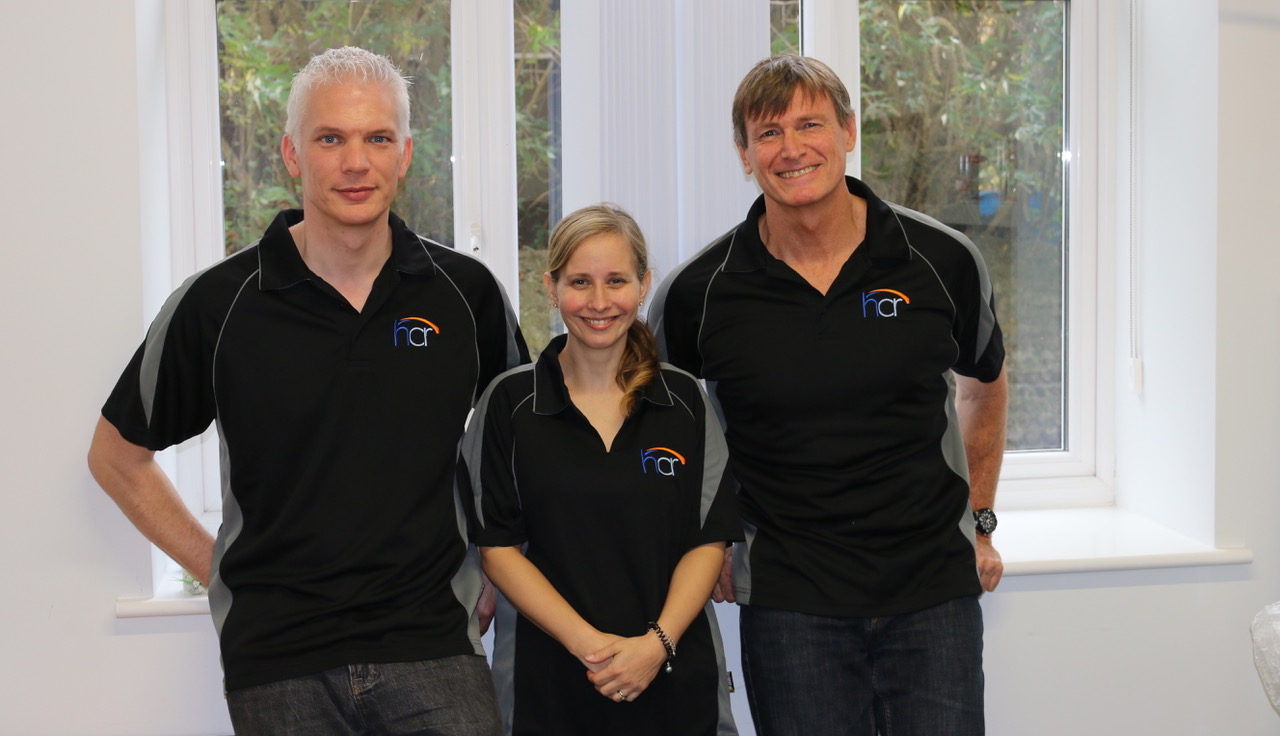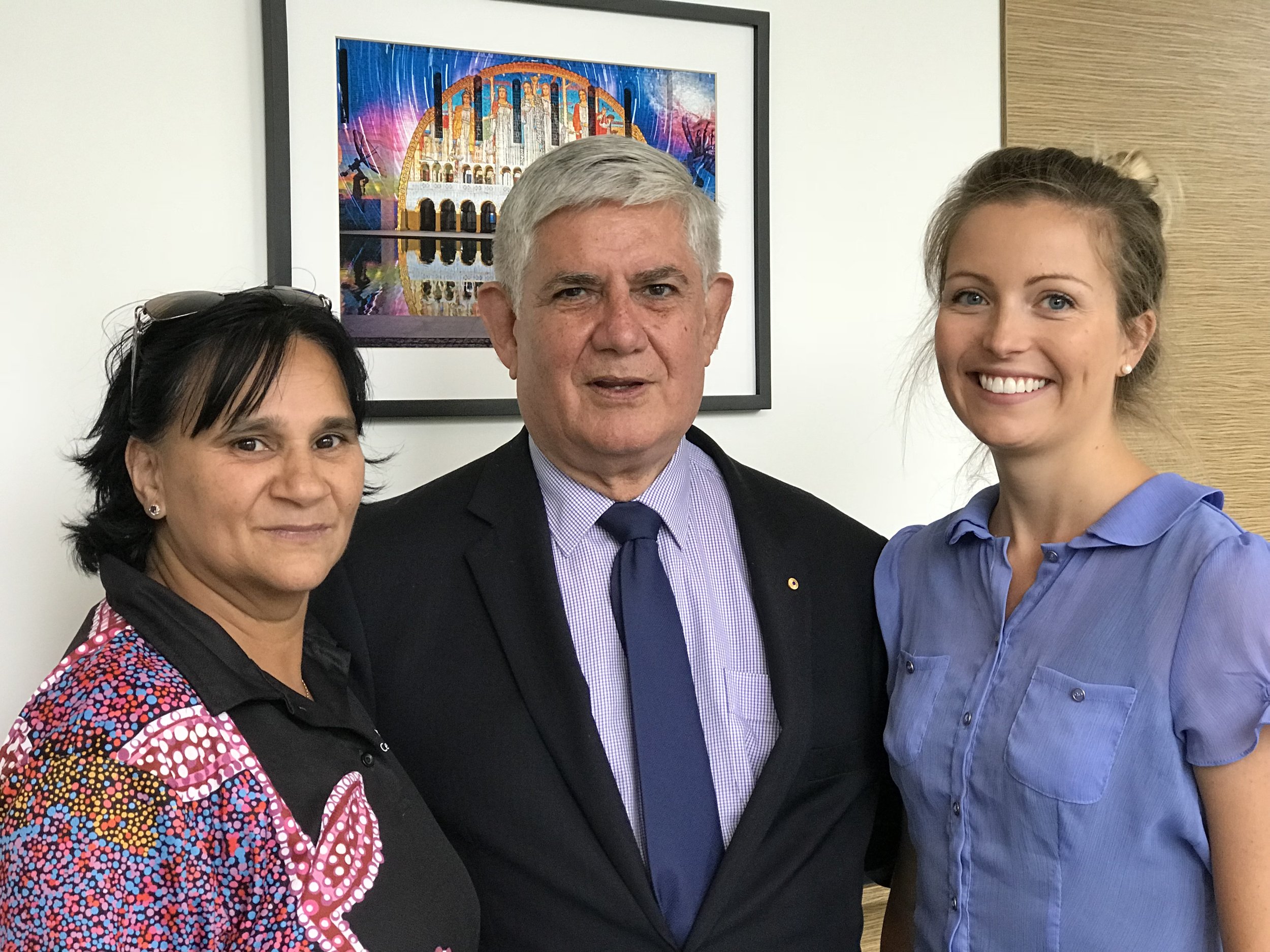Day 3 of #16DaysofActivism
By Stephanie Mooney
HCR is working with a large Christian Radio station and counselling centre in Freetown, Sierra Leone, on the “Amplifying Voices” Project. This project, which was launched by Feba UK, is increasing the engagement of local people in conversations with their communities, which are amplified by radio broadcasts that address the health and wellbeing concerns of local people to promote positive long-term change. The project is giving space for people who are marginalised. People who have been waiting to be heard for too long.
Mr Kariou, started his own business and development organisation in 2013 called Friends of the Poor. He came to Freetown from the provinces. He built a pushcart and started to do door-to-door waste collection to improve sanitation and cleanliness in the area. He shared money and got a tricycle – and more young people came on-board and he helped them into employment.
Mr Kariou cares deeply about women’s empowerment and wants to create jobs for women. In the slum areas where he does his collection, over 50% are unemployed. Many are single mothers with no opportunities to go back to school. Mr Kariou teaches tailoring, soap making and micro-finance to start a business. He believes by doing this that he can help empower these women and the local community.
Mr Kariou was able to go on the radio through the Amplifying Voices project to share the good that is happening in his community and to encourage other people to get involved in his work. Since the radio interview, more people are showing an interest and getting involved: ‘More people are coming together to share the concerns of their community. We meet more and are now working together’.
In Sierra Leone and across Africa, radio is a powerful tool to raise awareness of gender violence and give women a voice.




















